Articles containing: mental illness
Creativity and Mental Illness, Bipolar Disorder and the Arts

This blog post is part of a series entitled Real Lives, Real Stories: Personal Experiences With Mental Illness.
The Death Of Robin Williams: Two Psychiatrists’ Perspectives

No one can deny that the untimely death of Robin Williams has affected us all in a multitude of different ways. In two separate blogs below, Drs. Schlozman and Beresin reflect on Mr. Williams’ legacy, what he meant—and still means—to them, and what we can all learn from this tragic loss.
Journeys On Our Own
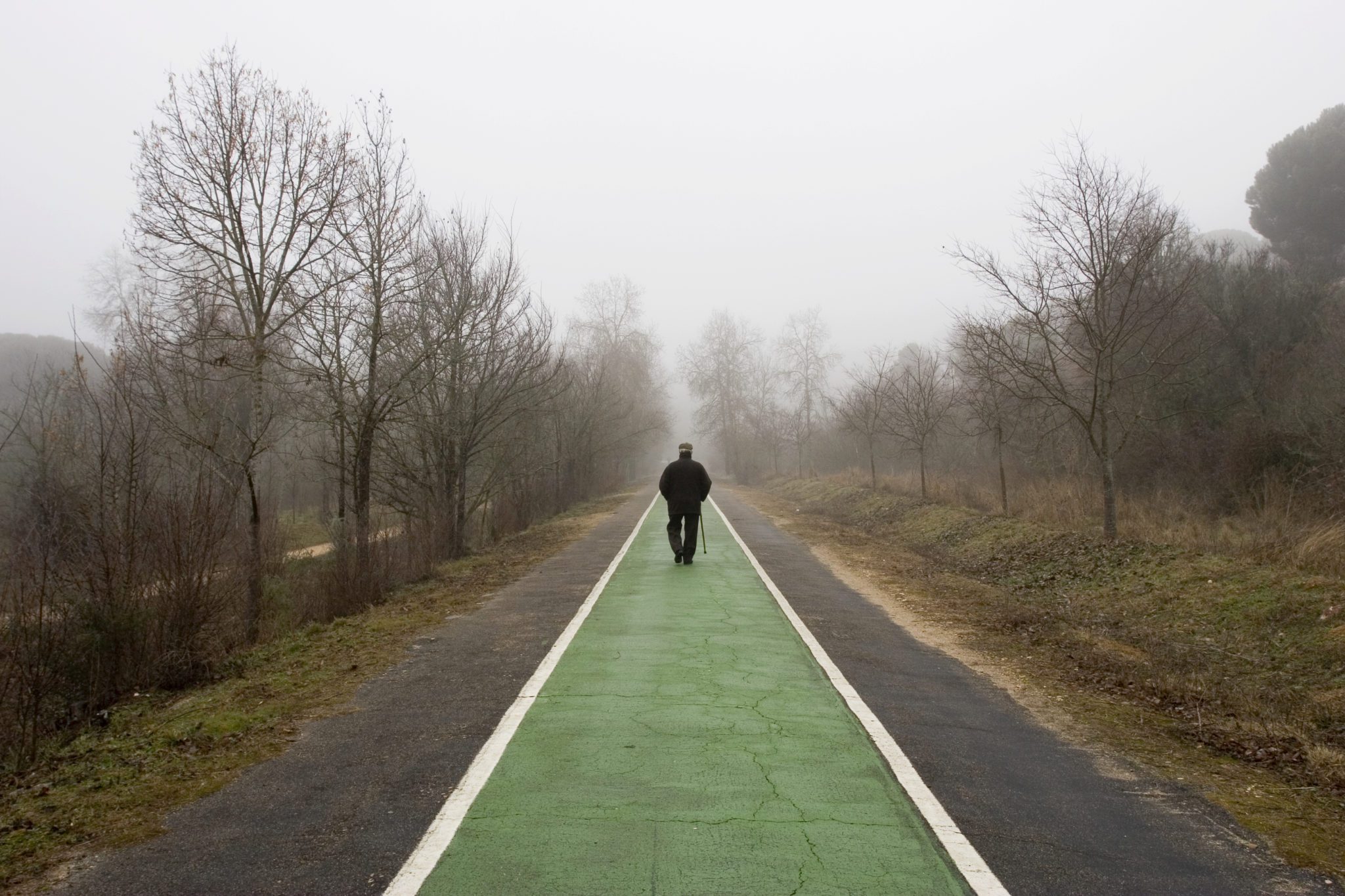
This blog post is part of a series entitled Real Lives, Real Stories: Personal Experiences With Mental Illness.
When Idols Fail: How Do Kids Manage?

When sports stars misbehave—or worse—how do teen athletes react? What should parents do? Advice from the experts.
To watch more on various parenting concerns, visit our YouTube channel.
Sasha’s Story: Recognizing Warning Signs of Suicide
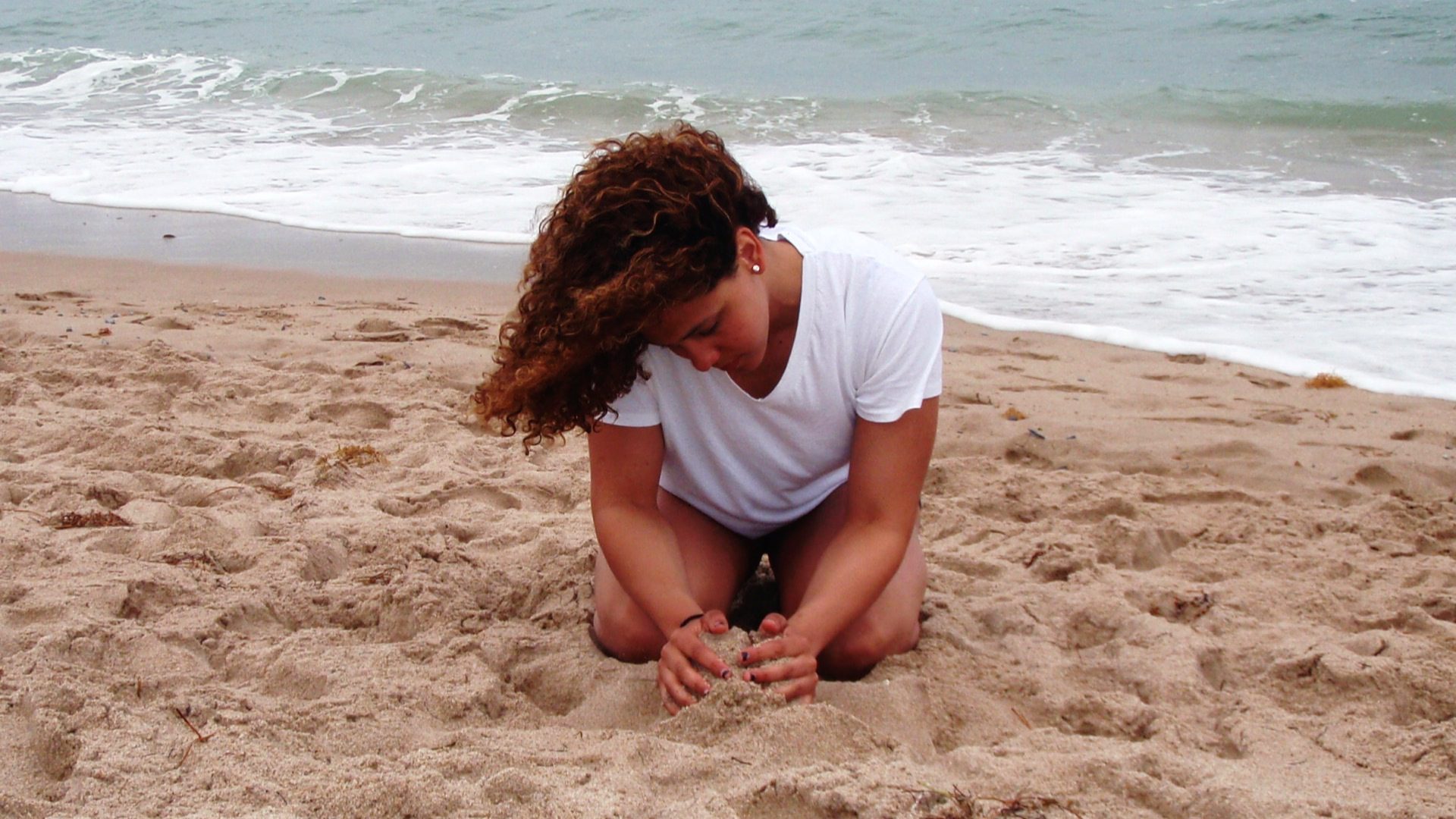
In this short video, parents of a champion swimmer who took her life by suicide, and the psychiatrist who treated her, talk to other parents about how to recognize warning signs of serious trouble.
To see more on various parenting concerns, visit our YouTube channel.
Tips For Parents Sending Kids To College
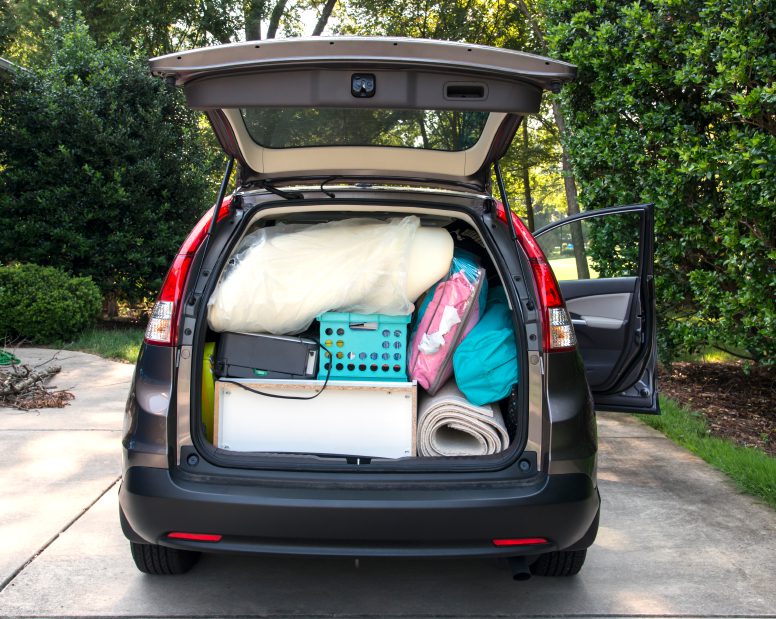
College is quite a milestone in family life. For parents and college-bound youth, it represents the real beginning of adulthood. Prospects of autonomy, independence and REALLY leaving home come to mind. It’s an incredibly exciting and long-awaited achievement.
What If My Child Has a Mental Illness?
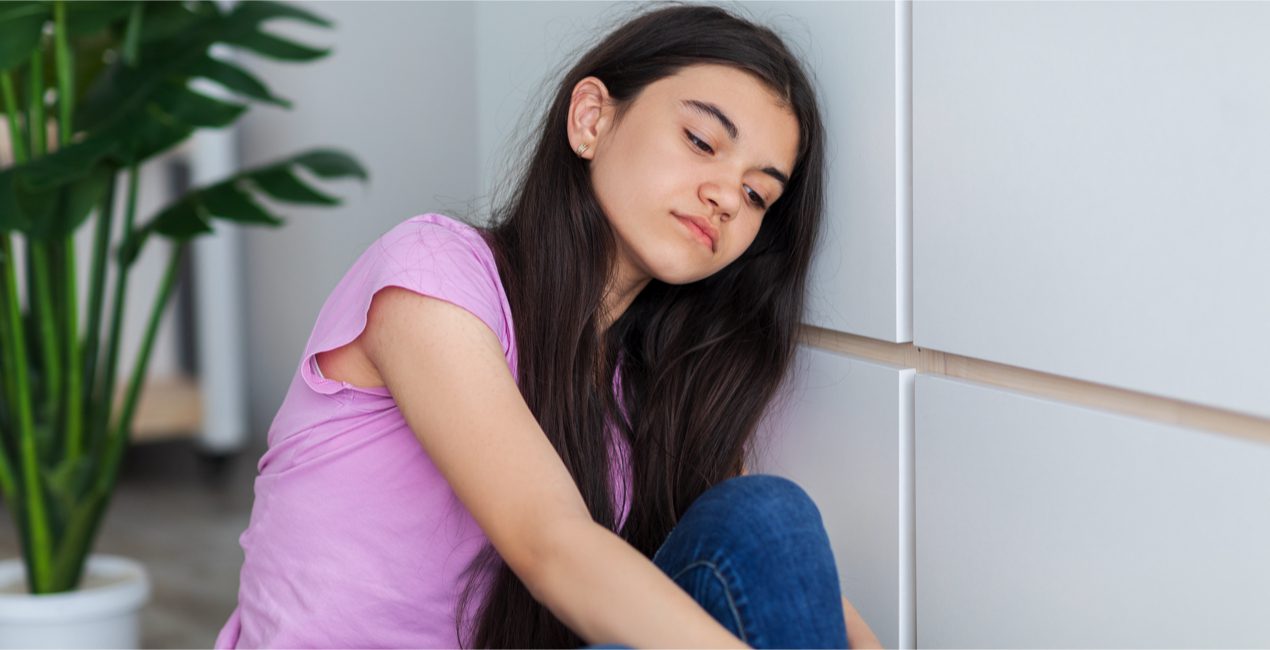
What is mental illness?
Julie is 15 years old. She’s just returned to school after missing two weeks to receive treatment for wanting to harm herself by taking too much of an antibiotic that she found in her grandparents’ house.
Mental Illness And Society: Prisons, Rehabilitation And Prevention
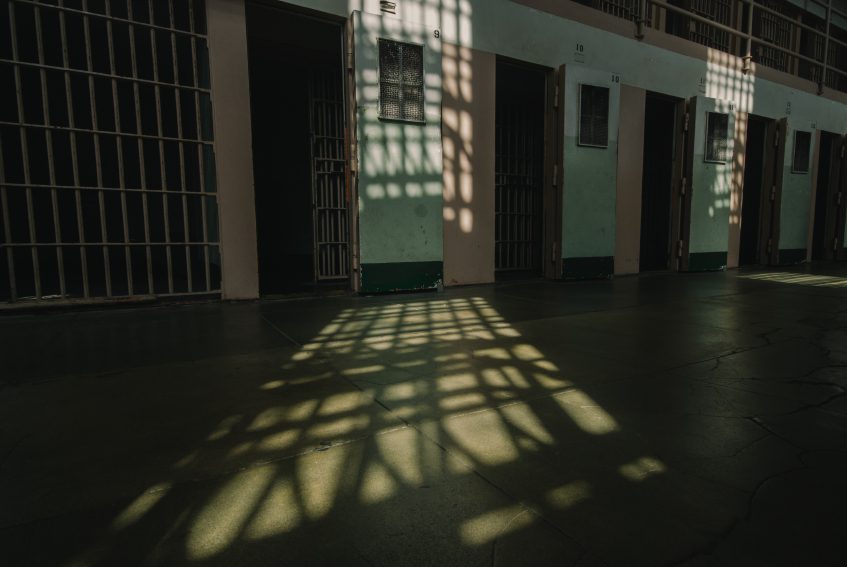
Our prisons are loaded with teenagers and adults who suffer from psychiatric disorders.
Kids who are incarcerated have a 60% or higher rate of psychiatric syndromes according to most studies—this is roughly three times higher than the 20% of kids with psychiatric illness who are currently not incarcerated.
Newsletter
Subscribe Today
Your monthly dose of the latest mental health tips and advice from the expert team at The Clay Center.
SubscribeMultimedia
Quick Jumps
Tag Cloud
-
addiction
ADHD
adolescents
anorexia
anxiety
autism
behavior
CBT
child development
children
college
communication
covid-19
depression
digital media
dyslexia
eating disorder
evaluation
family
fear
healthy development
learning
learning disabilities
learning disability
mental health
mental illness
parenting
parents
Podcast
PTSD
relationships
resilience
school
shrinking it down
social media
stigma
stress
suicide
technology
teenagers
teens
therapy
trauma
treatment
violence



